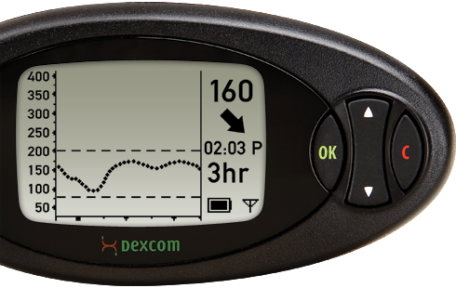Blood glucose is another term for blood sugar. Your body needs a certain amount of sugar for energy.
However, when the blood sugar levels gets too high, it can cause diabetes.
Unfortunately, diabetes in the U.S. affects roughly eight percent of the population, and the number is growing as the obesity epidemic continues to increase.
However, with the right facts, you can avoid diabetes or at the very least, better manage it to avoid additional health conditions down the road.

What is a normal blood glucose level?
Blood sugar is measured in mg/dl. A normal non-fasting blood sugar level is less than 140 mg/dl.
People who have a non-fasting blood sugar between 140 and 200 are considered prediabetic. A blood sugar reading that is above 200 indicates diabetes.
Sometimes, health experts will measure a patient’s blood sugar level after she has fasted for 12 hours.
A normal fasting blood sugar level is less than 100. A blood sugar level that is between 100 and 126 is an indication of prediabetes. A reading that is at or above 126 indicates diabetes.
Why is it important for women to manage their blood sugar level?
The importance of monitoring your blood sugar level cannot be reiterated enough. Below are three reasons that you need to keep your blood sugar level under control:
Prevent ketoacidosis – If your blood sugar level stays extremely high for too long, a condition called ketoacidosis will occur. This condition occurs when the body begins to break down fatty acids. Ketoacidosis can potentially be life-threatening.
Prevent amputation- It is estimated that five percent of diabetes will eventually need to get their limbs amputated. Health experts believe that anywhere from 49 to 85 percent of these amputations could be prevented.
Chronically high blood sugar levels can interfere with blood circulation. If a limb is not getting enough blood flow, it will need to be amputated. Keeping your blood sugar level under control is the key to preventing amputation.
Pregnancy- Having diabetes will pregnant can be dangerous. Studies have shown that women who have diabetes will pregnant are more likely to give birth to a very large baby. This can increase the need for a c-section. Additionally, miscarriage and stillbirth are two complications that are extremely common among pregnant women with diabetes.
Ketoacidosis, amputations and pregnancy-related complications can be prevented with tight blood glucose monitoring. You will need to check your blood sugar in the morning, before and after meals and before you go to bed. If you are looking for the best glucose meter, make sure that you consult with your health care provider.





